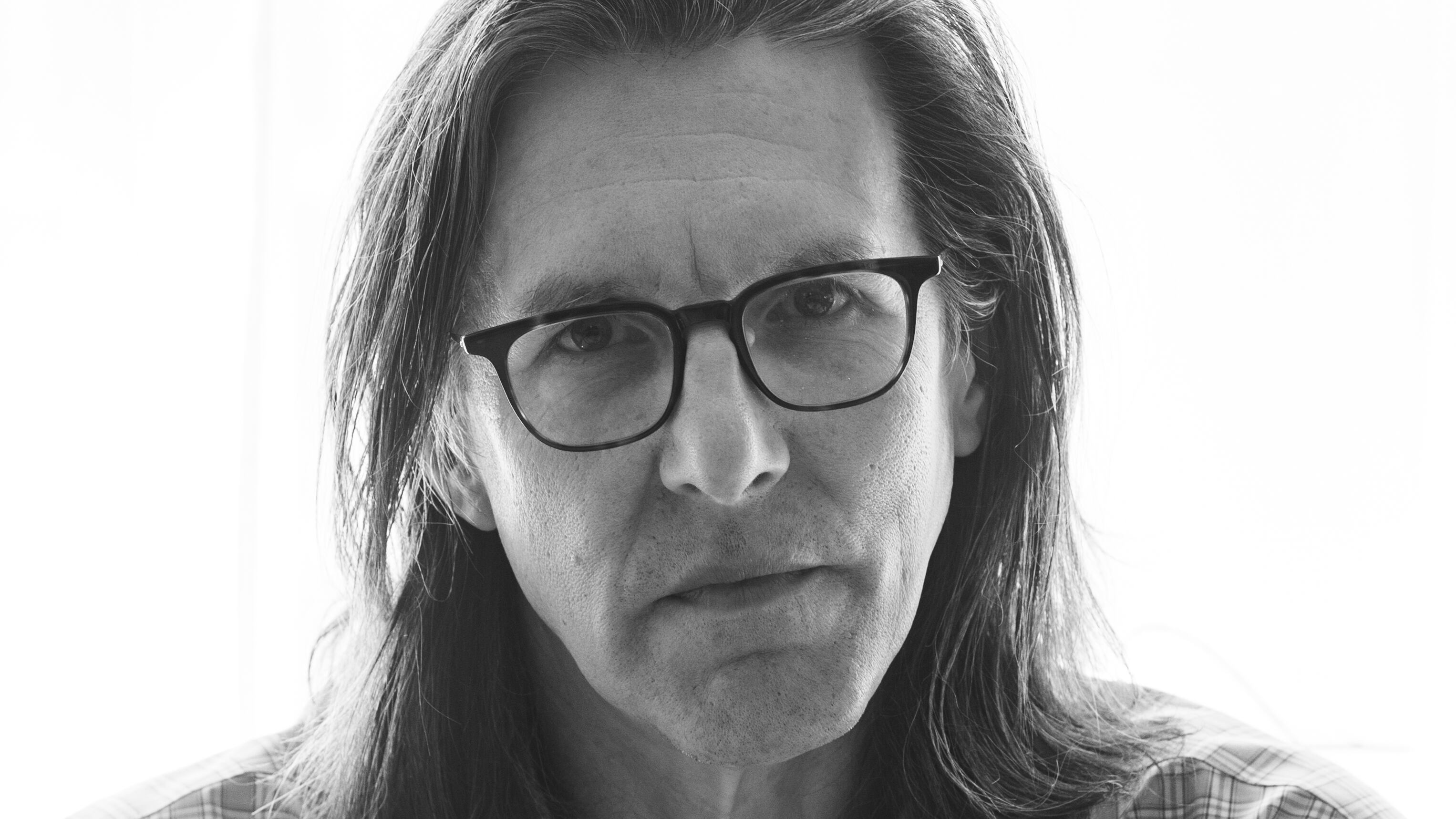Longtime Portland City Hall politico, strategist and progressive campaign manager Marshall Runkel is running for Portland mayor.
“Take a look at my track record,” he tells WW. “You don’t have to take my word for it. Just look at what I’ve done.”
Runkel is jumping into a contest that already features three sitting city commissioners—Carmen Rubio, Rene Gonzalez and Mingus Mapps—as well as arts advocate and stripper Liv Osthus and local business owner Keith Wilson. But Runkel contends he has a unique set of qualifications.
“If there was another way for me to feel right about myself right now, I wouldn’t be running for mayor,” Runkel says. “I’m not in this for attention or ambition for another job in politics. I’m in this because I believe I have very specific skills and experience that can benefit the city.”
Runkel, 59, is referring to his work as a troubleshooter in Portland politics. After an itinerant youth that included a stint in Alaska working at a fish freezing warehouse, Runkel attended San Francisco State University. After his studies, he moved to Washington, D.C., to work on Capitol Hill as a lobbyist for an environmental nonprofit, then staffed small campaigns in Philadelphia and California.
Runkel moved to Portland in 1995. That’s where he met Erik Sten, who was chief of staff at the time to City Commissioner Gretchen Kafoury. Sten hired Runkel to take calls from constituents to Kafoury’s office. When Sten decided to run for City Council at the age of 27, he asked Runkel to work for him; Runkel did, for eight years. Runkel left City Hall in 2004 and, for the next decade, worked primarily in green energy.
In 2015, Runkel returned to City Hall. He was friends with Chloe Eudaly, then the owner of Runkel’s favorite Portland bookstore, who decided to run for City Council. Runkel ran her successful campaign, and she took office in 2017. Runkel served as Eudaly’s chief of staff for all four years of her first term.
Eudaly lost her bid for reelection in 2020. She’d become a polarizing figure at City Hall, achieving renter protections but sometimes clashing with fellow progressives on the council. “I just needed to stop with politics for a while,” Runkel says of his mindset after Eudaly’s loss.
He went to work for Neil Kelly Solar. In the summer of 2023, Runkel began working at the political consulting firm Strategies 360.
Now, Runkel wants back into City Hall. And this time, he doesn’t want a boss. He wants to be the boss.
WW: Why are you running for mayor?
Marshall Runkel: It’s been really hard to watch this city struggle, knowing I can help. And I have the specific experience to help on the biggest challenges, affordable housing and homelessness, and the biggest opportunity, which is clean energy.
I have a track record of accomplishments. My superpower is working with other people. I’m a Quaker first, and I like consensus, and I like working with other people. If you step away from all of our problems, our failure to work together towards a common end, is a diagnosis for a lot of our ills right now. I’m confident in my ability to work with people of all perspectives. And that’s where I offer a lot of skill, is getting projects done, getting money out the door, getting projects done.
Is the city doing enough to spur the creation of more housing?
I’m not prepared to talk about it in detail yet, but I do think there’s a huge opportunity with what is called middle housing, and there’s a bunch of capital available for homeowners to adapt our housing stock.
How well has the city handled the Portland Clean Energy Fund?
This is another area where we haven’t gotten money out the door fast enough. I can provide significant assistance in that. These aren’t policy issues, it’s implementation issues.
All things being equal, I’d like to see the city focus on implementation rather than writing a five-year plan. PCEF is a huge competitive advantage for the city of Portland. We’re not going to solve climate change here, but you know what we can do? We can show the rest of the world how to do it. We should be Mecca for clean energy.
Do you support the City Council rerouting PCEF dollars to climate-related projects within city bureaus?
Any incentive for bureaus to do stuff that’s more than nice rhetoric about climate change, to do actual things, the better. I’m not in this to throw rocks. I’m in it to think about creative ideas and how we can solve our problems.
A lot of people say they’re going to be effective by being a better collaborator with other regional leaders, like Multnomah County. How would you be different?
Here’s the biggest indicator of the problem: The Metro auditor and Multnomah County auditor did an audit of the Joint Office of Homeless Services. The most disturbing thing in that audit was that less than 50% of the employees of the JOHS understood what the plan is. If the people responsible for implementing the plan don’t understand the plan and can’t articulate it to the city, I would say that’s a prima facie problem.
We don’t have a coherent plan we can explain to the people of the city, and I just don’t think we’re functioning on the same page. The disagreement between the county and city has become evident that we’re not on the same page.
Your last stint at City Hall you served as Chloe Eudaly’s chief of staff. She left office as a polarizing figure. What would you say to voters who are wary of you because of that?
If people don’t like me because I worked for Chloe, so be it. But I don’t think it will take very long to realize I’m not Chloe. Some people who disliked Chloe liked me a lot.
